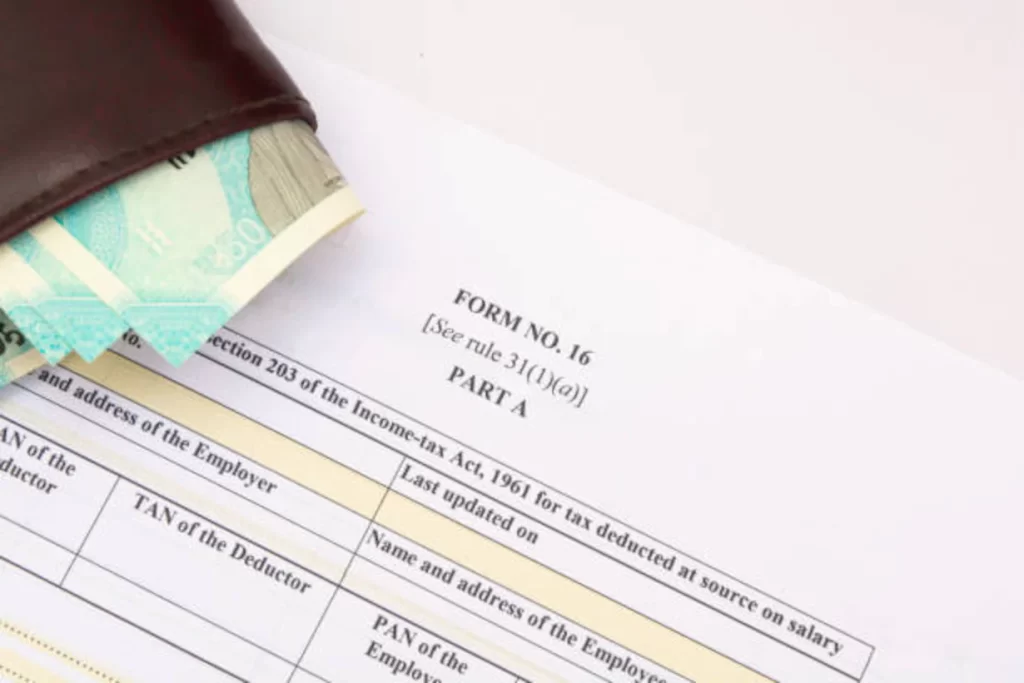
New Delhi:
Taxpayers, who face the excess tax reduced in Source (TDS) on their income, can claim refunds when submitting a return on income tax.
TDS is deducted from salaries, rent received, return of investment and other sources of income. However, when the reduction exceeds the obligations of the taxpayer, the difference in the amount is returned. If you also have a delayed TDS refund, this is the way you claim it.
How To Get TDS Refund
Taxpayers can claim their refunds by mentioning the reduction of their income tax return. After the verification is due, the I-T department will return the excess amount in the bank account that you provide.
The last date to submit a return on income tax without late or penalties is July 31.
Another way to get your TDS claim is to send a 15G form with your bank with the required information and supporting documents. The lender usually sends online TDS, and requests for refund can be placed during the annual financial declaration.
How To Check TDS Refund Status
* Go to Income Tax Department’s e-filing portal
* Sign in to your account by submitting the required credentials
* Select “View Return / Forms” from the drop-down menu
* Select “Income Tax Returns” from the drop-down menu
* Then enter the relevant assessment year and click on submit
* Finally, select the acknowledgement number from the drop-down menu to view the status of your request
Taxpayers can also track their TDS money refund status through a refund tracking page on the NSDL website. Here, the person needs to submit the assessment they claim to refund and send PAN details before verifying the details of Captcha.
Usually it takes a few months to return the TDS money to be processed after being approved by the Department I-T. 6 percent interest rate per year is paid together with refunds in cases in which the refund must be paid more than 10 percent of the total tax paid for the fiscal year.
Taxpayers will also receive intimation, based on Section 143 (1), regarding interest payments.






